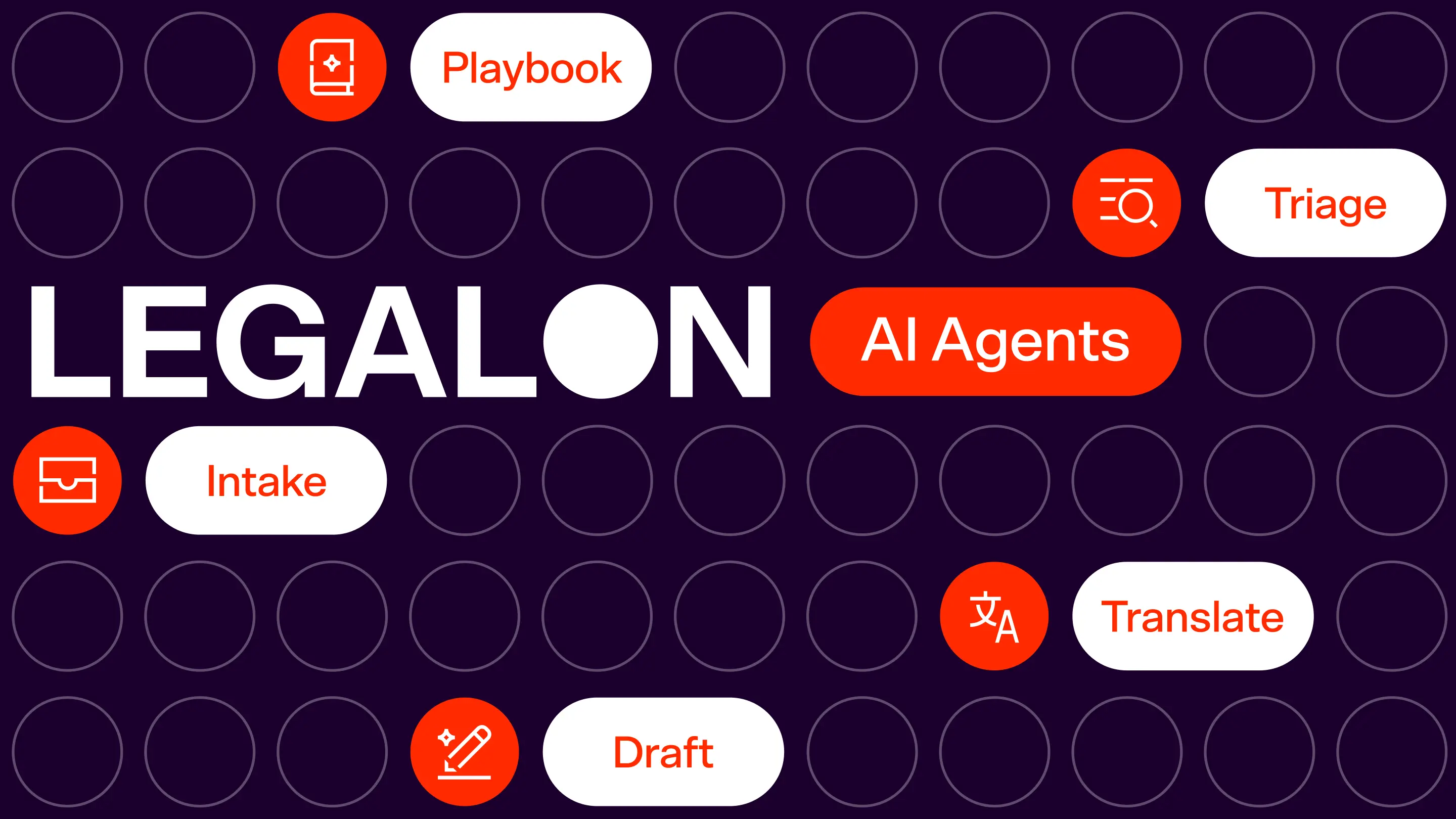Insurance Clauses: Review and Negotiate with AI
What is an Insurance Clause?
An insurance clause is a provision in a contract that specifies the insurance requirements for one or both parties involved. These clauses are designed to allocate and mitigate risks effectively, protecting both parties from potential liabilities arising from their business relationship.
These clauses usually cover:
- Types of insurance needed (like general liability or workers' compensation)
- How much insurance is required
- How long the insurance should last
- What kind of insurance company to use
- How to prove you have insurance
The primary purpose of an insurance clause is to ensure that parties have adequate financial protection in case of accidents, property damage, personal injury claims, or other unforeseen events related to their business activities.
Where To Use Insurance Clauses
Insurance clauses are commonly found in various types of business agreements, including:
- Master Services Agreements (MSA): In MSAs, insurance clauses help protect both the service provider and the customer from potential liabilities arising from the performance of services.
- Master Purchase Agreements (MPA): For sales of goods transactions, insurance clauses safeguard both the buyer and seller from financial losses due to unforeseen events, such as accidents during transportation or product liability claims.
- Sales Agency Agreements (SAA): Insurance clauses in SAAs protect both the principal and the agent from product-related issues and potential liabilities arising from the agent's activities.
- Manufacturing and Supply Agreements (MAS): These agreements often include insurance clauses to address risks associated with product manufacturing, delivery, and potential product liability claims.
- Venue Rental Agreements: Insurance clauses in these contracts protect venue owners and renters from potential liabilities during events, including property damage and personal injury claims.
Negotiating Insurance Clauses
When working on insurance clauses, keep these tips in mind:
- Know Your Risks: Think about what could go wrong and what insurance you may need.
- Consider Industry Standards: Research industry-specific insurance requirements. Ensure compliance with relevant laws, such as the Uniform Commercial Code (UCC) and state-specific insurance regulations.
- Allocate Responsibility: Clearly define which party is responsible for obtaining and maintaining insurance coverage.
- Specify Coverage Details: Clearly outline required coverage types, limits, and duration. Address specific concerns, such as product liability, cyber liability, or professional liability, as applicable to the agreement.
- Address Additional Insured Requirements: Determine whether one party should be listed as an additional insured on the other's policy. Consider the implications of additional insured status on liability and costs.
- Proof of Insurance: Specify requirements for providing proof of insurance, such as certificates of insurance. Determine the timing for submitting insurance documents (e.g., before the contract period begins).
- Flexibility and Alternatives: Consider allowing flexibility in insurance requirements, such as accepting existing general liability policies instead of requiring specific event insurance. Explore alternative risk management options, such as self-insurance or indemnification clauses, when appropriate.
- Keep It Current: Plan to review and update the insurance requirements regularly.
- Get Expert Help: Talk to lawyers and insurance professionals for advice.
- Negotiate Fairly: Aim for a balanced approach that protects both parties' interests without imposing undue burdens on either side. Be prepared to explain the rationale behind your insurance requirements and be open to reasonable counterproposals.
By carefully considering these factors and strategies, you can negotiate insurance clauses that effectively allocate risk, provide adequate protection, and contribute to a strong and mutually beneficial business relationship.
AI Contract Review for Negotiating Insurance Clauses
To give you a sense for the benefits of leveraging AI Contract Review Software trained by lawyers, we’ve selected some sample language our software presents to customers during a review of Insurance Clauses in Master Service Agreements (MSAs). Keep in mind that these are static in this overview, but dynamic in our software - meaning our AI identifies the key issues and proactively surfaces alerts based on importance level and position and provides suggested revisions that mimic the style of the contract and align with party names and defined terms.
If you’d like to see more, we invite you to book a demo.
Sample Insurance Clause 1
The Provider shall maintain, at its own cost, all necessary insurance required by local laws or statutes of where Provider’s registered office is located, which may include, but is not limited to, workers’ compensation, general liability insurance, product liability insurance, and property damage insurance against all losses, claims, proceedings and costs for injuries or damage to any person or property arising out of or in connection with the Services.
Sample Insurance Clause 2
The Provider shall carry adequate liability insurance for the performance of the Services, generally carried by a business entity which engages in the same or similar kinds of business. Upon request by Customer, Provider shall provide to Customer a certificate(s) of insurance.
Guidance for Customer Position
The MSA does not appear to contain any requirement for the provider to maintain insurance coverage related to its performance of the services. Insurance policies provide financial security for covered loss and can help cover the costs associated with the defense and settlement of liability claims against the insured.
To mitigate this risk, customer could propose adding an article obligating the provider to carry and maintain insurance meeting certain minimum requirements. Typical provisions specify required coverage types (e.g., commercial general liability, professional liability, cyber liability, workers' compensation, etc.), minimum coverage limits, the duration of the coverage, whether the coverage is occurrence or claims-based, and other key terms. The provider's insurers should be reputable, meet minimum AM Best rating standards, and be duly licensed to provide insurance. Proof of coverage, such as certificates of insurance, should be furnished to the customer. As a fallback, the customer could accept, with appropriate limitations of liability, provider self-insurance or a robust indemnification backed by a strong balance sheet.
Simplifying Your Insurance Clause Negotiations with AI
AI-powered tools like LegalOn can help legal teams:
- Quickly spot important issues
- Give alerts based on your situation
- Suggest improvements
- Ensure you're following relevant laws
The sample AI-powered insights we've shared demonstrate how LegalOn can enhance your contract review process, making it more efficient, thorough, and aligned with best practices.
To experience the power of AI in Insurance clause negotiations, we invite you to see it in action. Book a demo today to explore how our AI-powered contract review software can transform your approach to drafting and negotiating Insurance clauses.
Experience LegalOn Today


.svg)




.webp)




